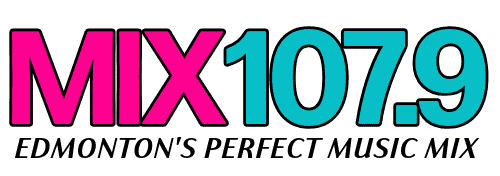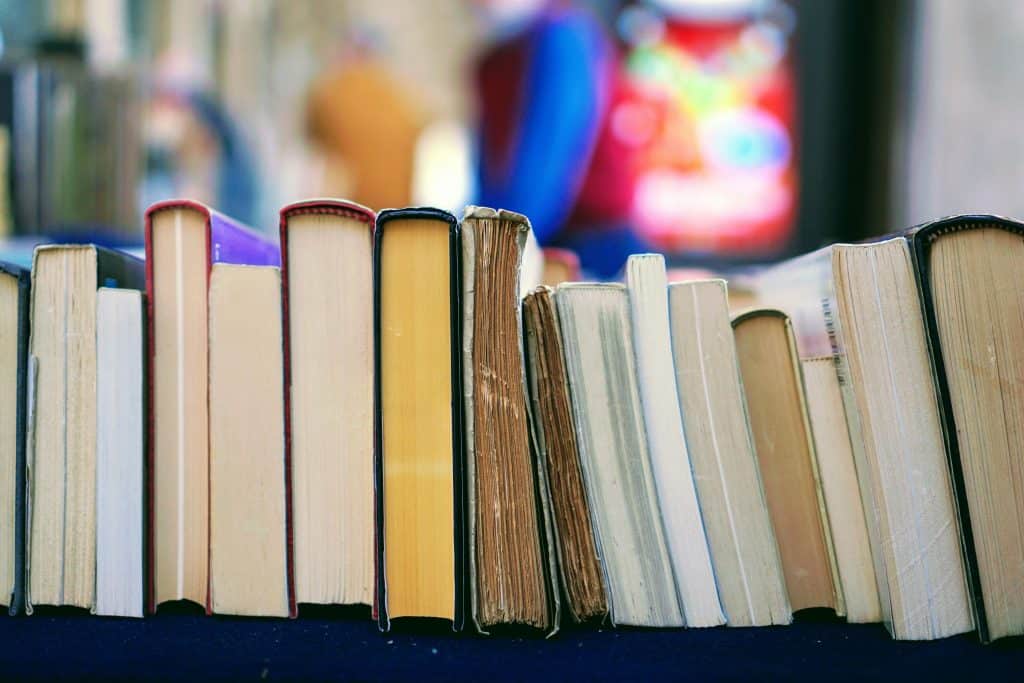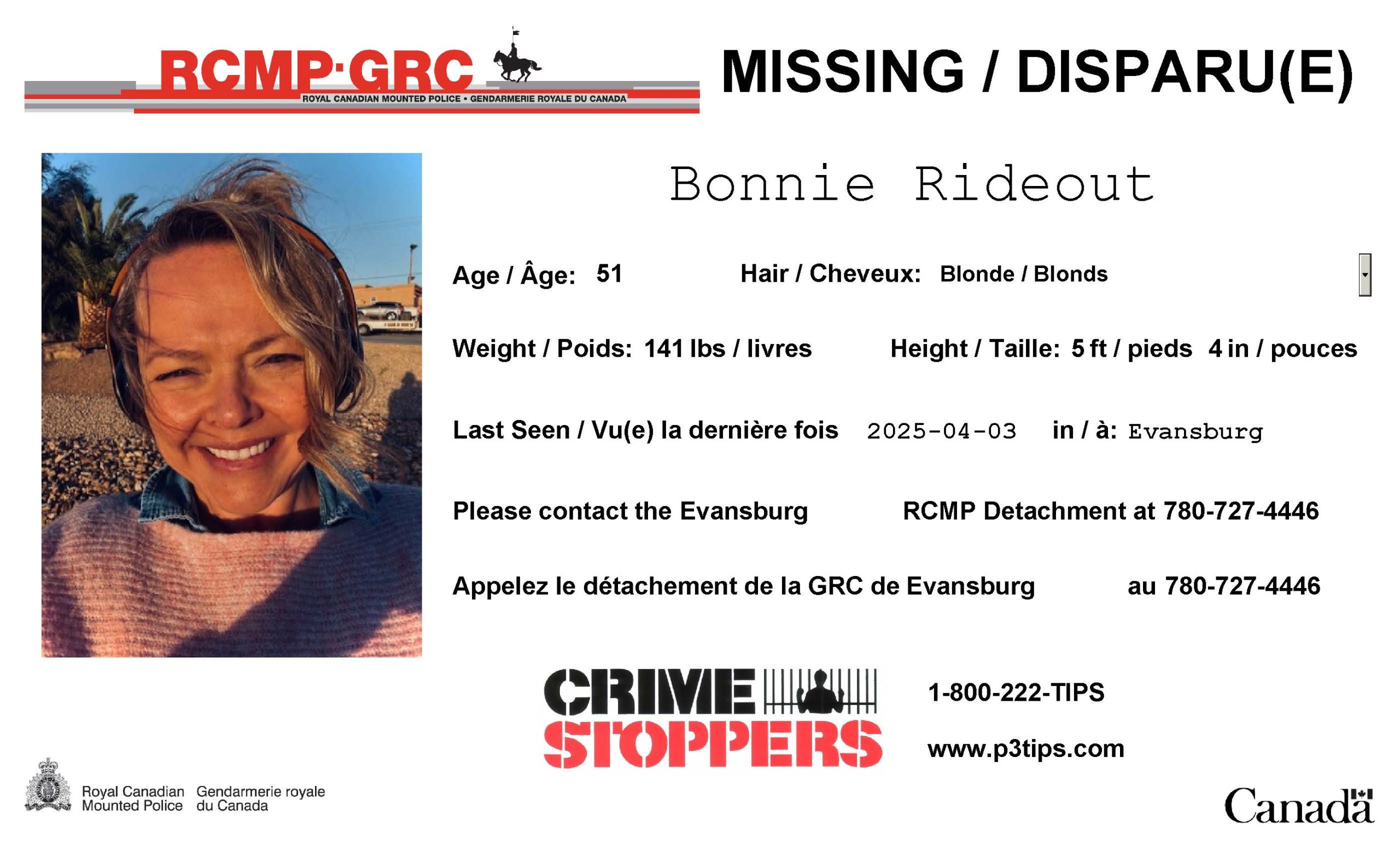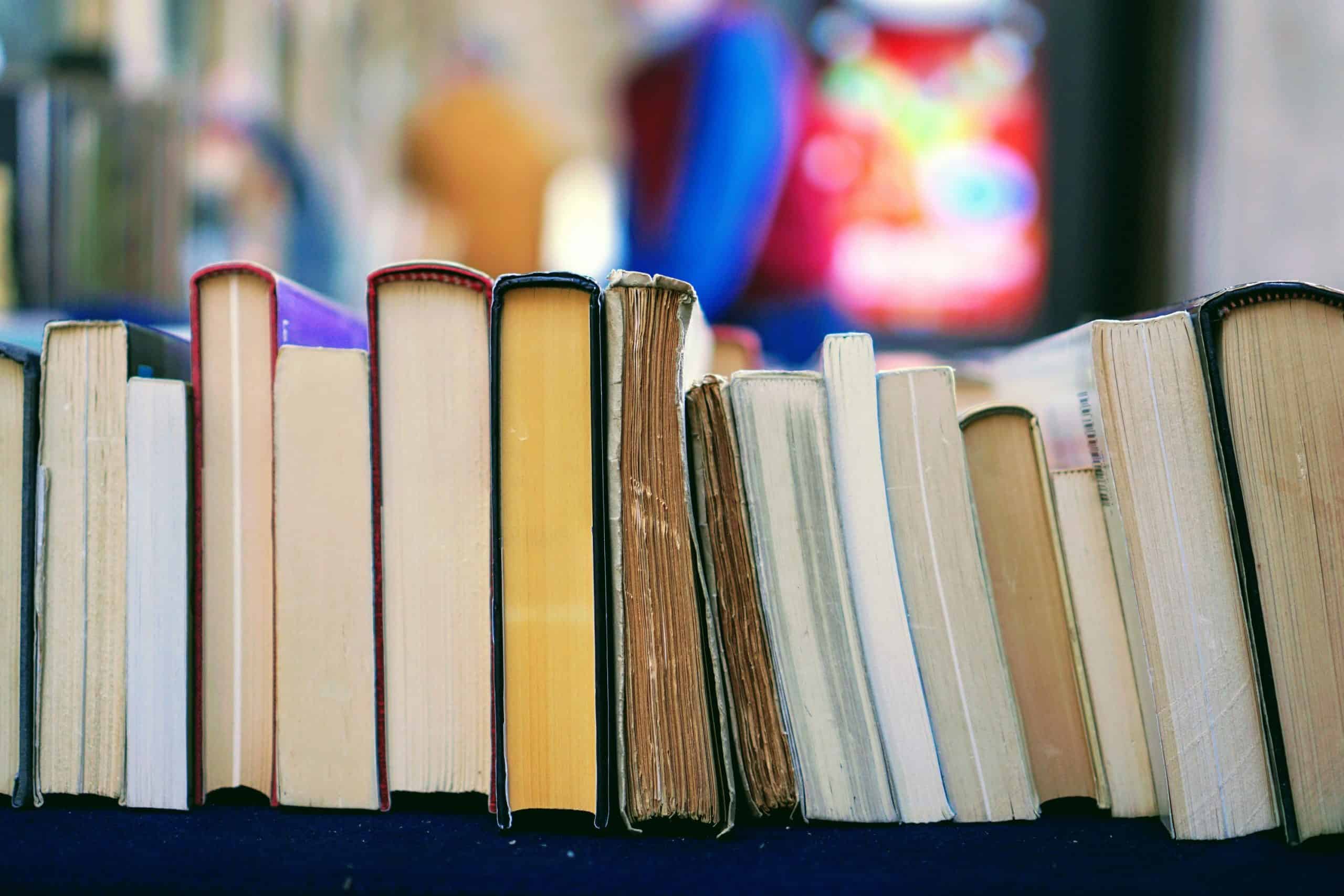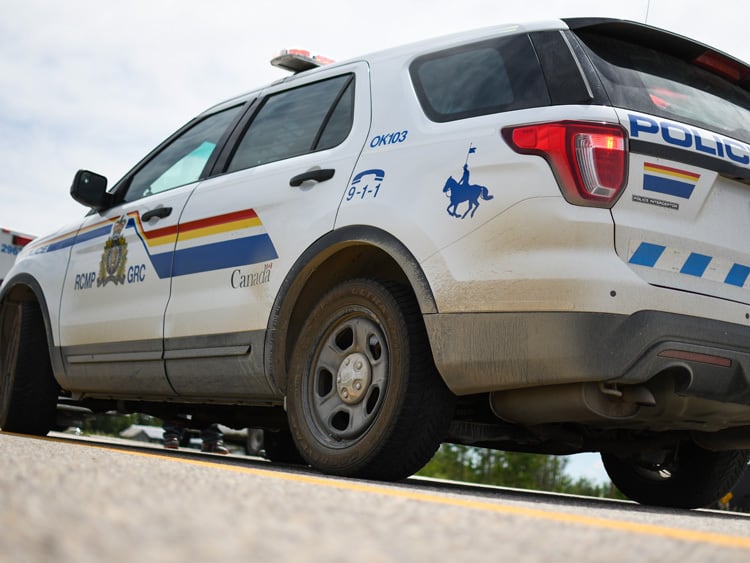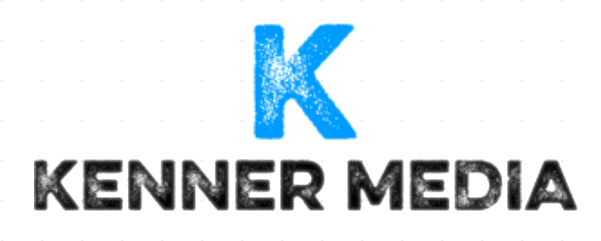The government of Alberta has announced restrictions on the books that will be allowed in schools.
This ban primarily targets sexually explicit books.
Concerningly, the ban also includes restrictions around books that children bring from home.
Alberta had conducted an online survey from late May to early June to get an idea of where the public stands on the matter, with some of the opinions of the respondents being taken into consideration, with others seemingly being ignored entirely.
Parents seemed to have the strongest opposition to when students should be able to access sexually explicit material. 42 per cent of parents of school aged children said that they don’t want schoolchildren to be able to access sexually explicit material in schools at any point in their schooling. 32 per cent of parents of children not in school agreed.
Librarians and teachers disagreed with that opinion, with 34 per cent and 33 per cent respectively voicing their thoughts that students should be granted access to those materials when they enter high school (, classified by the poll as being 15-year-old or older).
It is essential to note that no matter the group, there was strong opposition to the idea of government interference in school libraries. At least 40 per cent of every polling group (parents of school aged children, parents of non-school aged children, teachers, school administrators, school or public librarians and interested Albertans) said that they were strongly opposed to government setting consistent standards for school library materials.
School and public librarians were the most concerned about government interference in their workplace, with 74 per cent of librarians opposed to government standards and only 21 per cent in support.

Notably, only three out of ten respondents said that sexually explicit materials should be removed entirely. 30 per cent voiced that opinion, with 41 per cent saying that they should be accessed based on age, 12 per cent saying that parental permission should be required and 17 per cent saying that they should be open to all students.
Those responding to the poll were split on whether parental consent should be required. This is likely due to protecting the safety of LGBTQ+ students. LGBTQ+ reading materials are disproportionately affected by the new restrictions put into place, and requiring parental permission to access books regarding LGBTQ+ content could pose a risk to the safety of those who are still closeted or simply exploring their sexual, romantic or gender identity.

Many respondents mentioned this issue specifically, with some noticing that the sample materials have a significant focus on LGBTQ+ subject matter.
But the ban doesn’t cover only LGBTQ+ materials, it also infringes on some books that can be key to understanding political landscapes of the past, present and future.
Notably, the ban would cover books such as George Orwell’s 1984 and The Diary of Anne Frank, and as such, those books would have to be removed from school libraries and students wouldn’t be able to read them in any school settings, even if the novel was brought from home.
Additionally, many respondents made their thoughts clear — they don’t believe this is a process that the government should be involved in at all, instead leaving it up to the decision making of school librarians and teachers to decide what is best for students.
These new policies are required to be put into place by every school in Alberta no later than January 1, 2026. School authorities’ policies must be made publicly available. Policies must include whether they permit access to non-sexually explicit books (books that include loose and non-detailed depictions of sexual acts) to students in Grade 10 or above. They also must set out the process for the review of new school library materials, list responsibilities of school staff monitoring students’ access to school library materials throughout the day, even outside of instructional hours, and any punishments that a child might face if they attempt to break the new restrictions.

